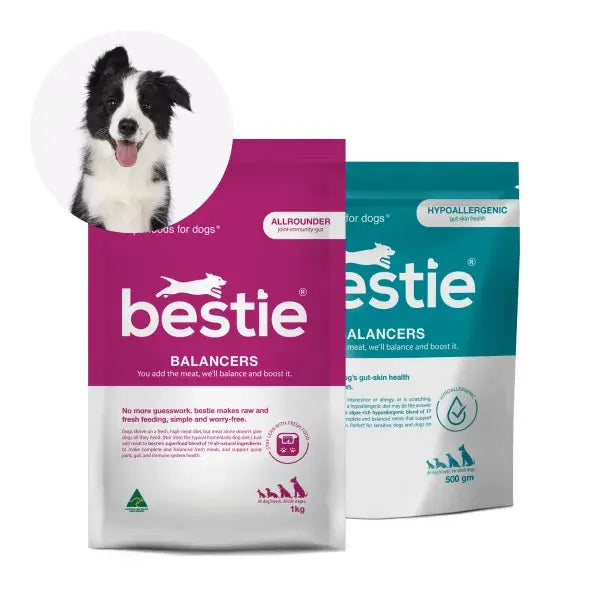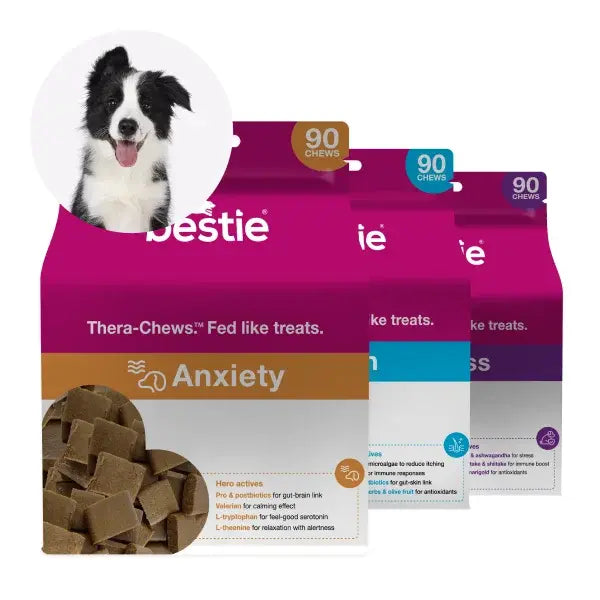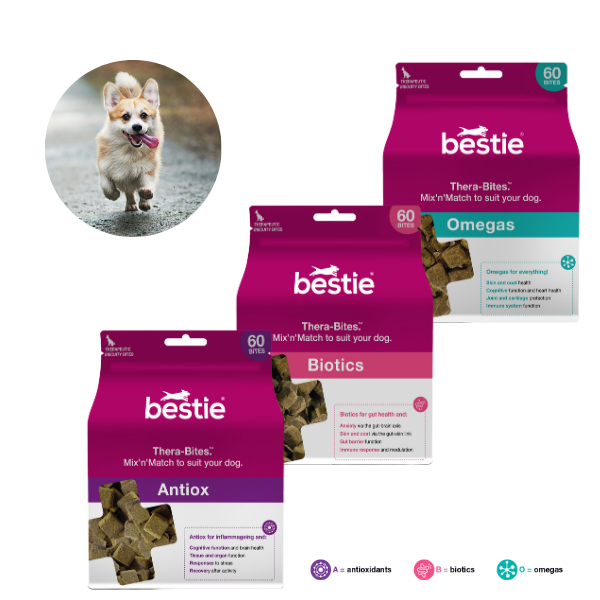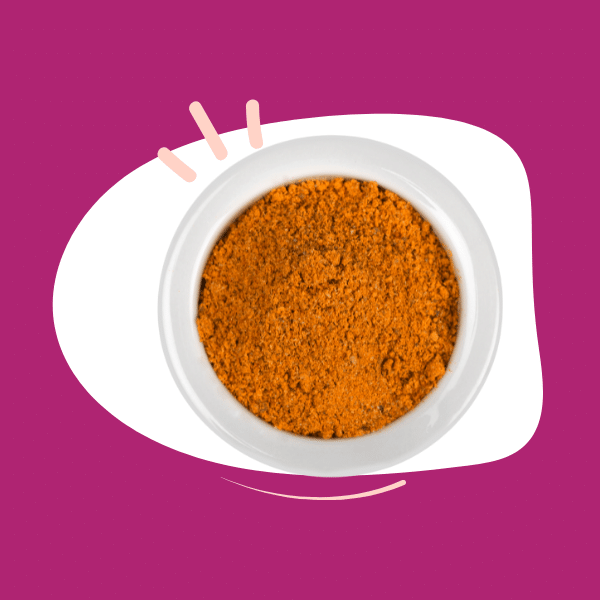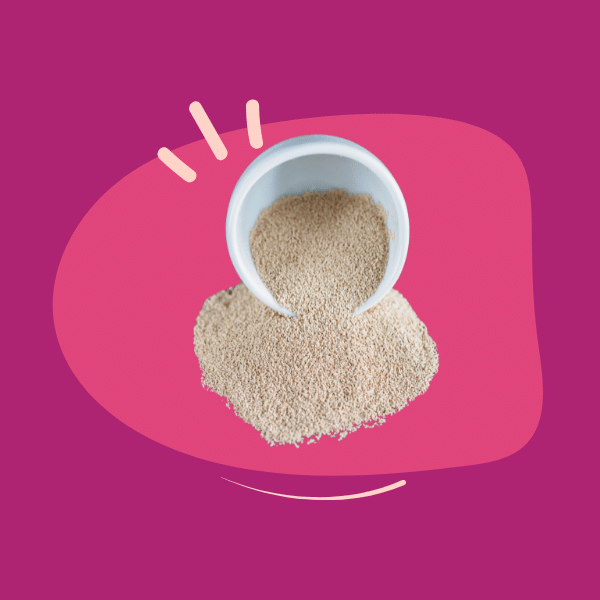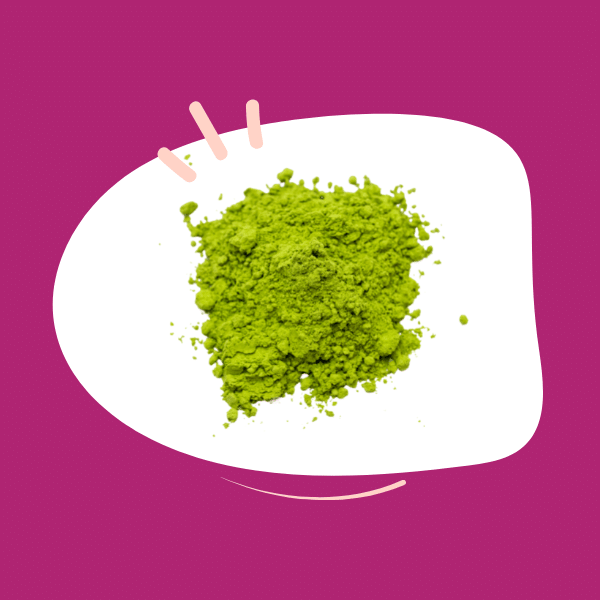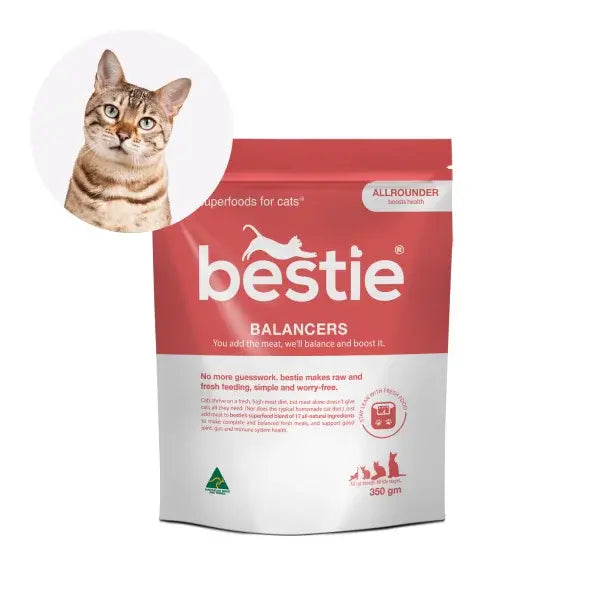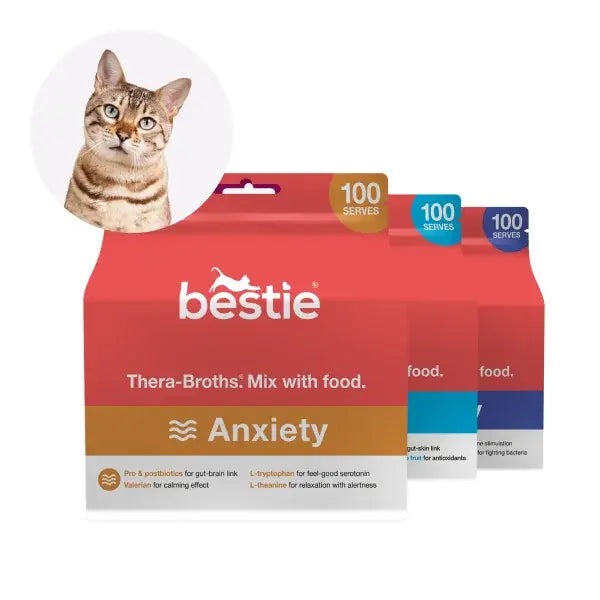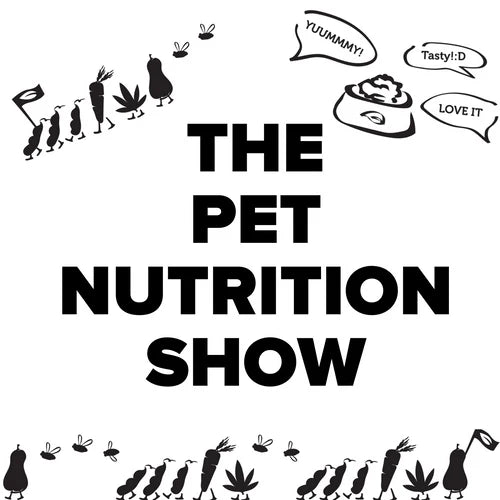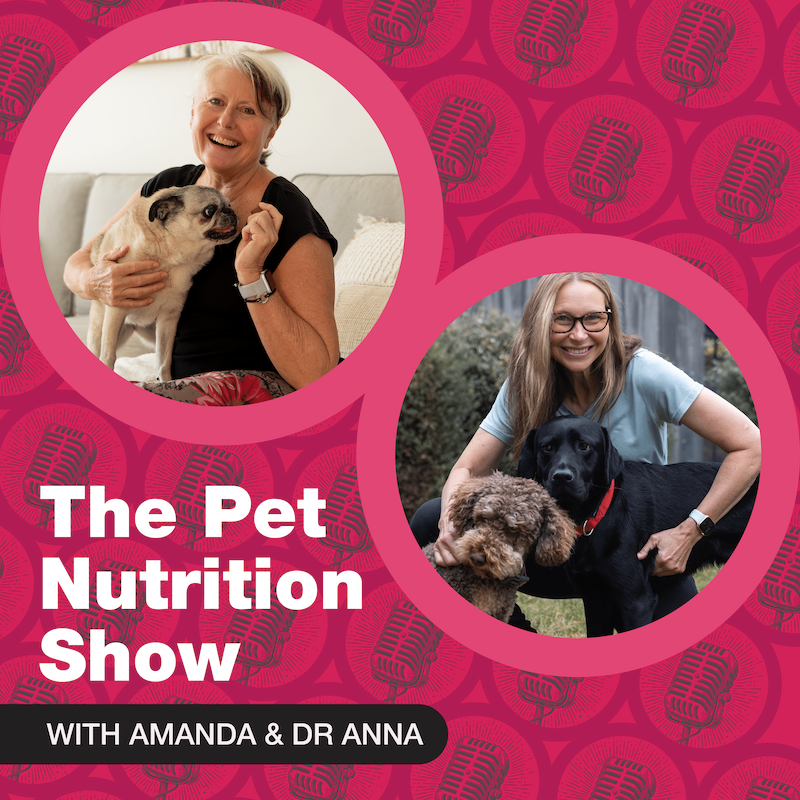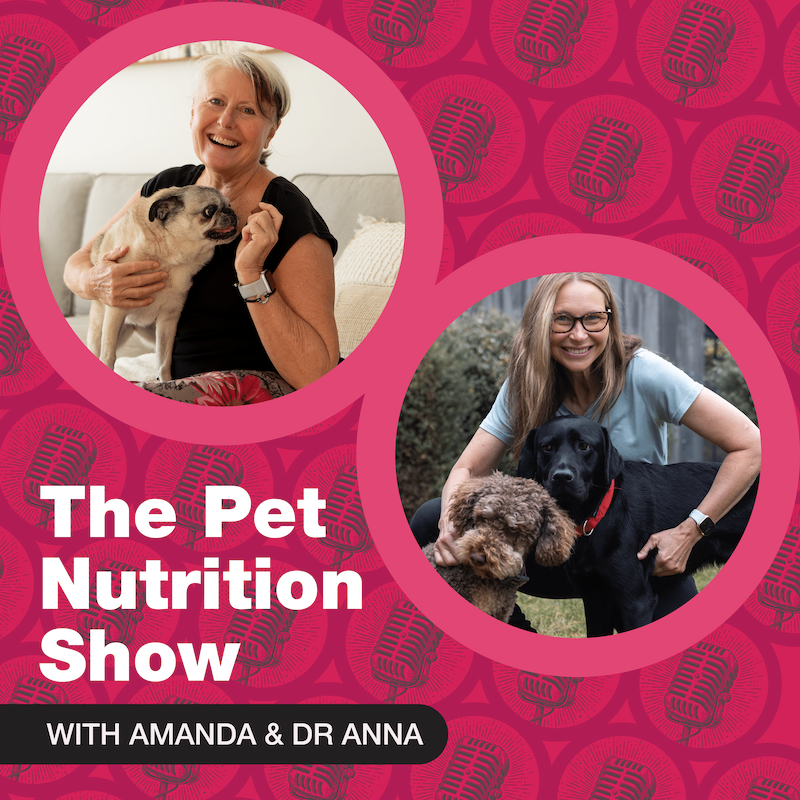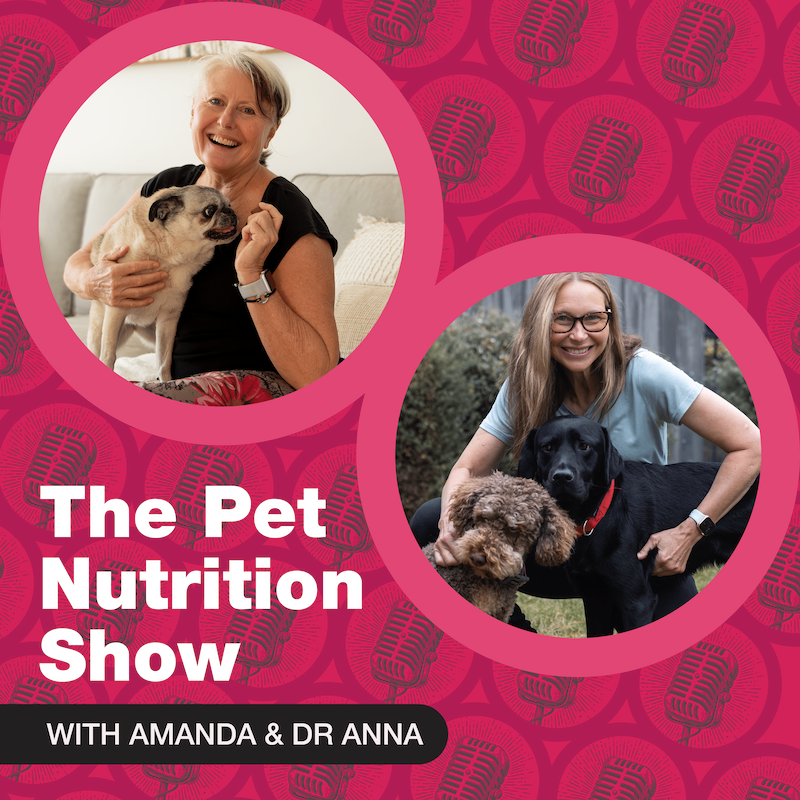Hosted by Dr. Anna Sutton and Amanda Falconer, the episode took us on a journey through the emerging pet culture in Egypt. Owning pets is a relatively new phenomenon in Egypt, with a growing trend of pet parents seeking high-quality, locally produced pet food. Proteina, co-founded by Ashraf El Sharkawy, is at the forefront of this movement.
Ashraf tells us about the growth of their company from feather waste for feed meals to making insect protein for pet food. He also explains local food waste challenges, and the dominance of imported pet food - something they're trying to change. Ashraf also shares the outstanding palatability results they've been achieving.
In Q&A, Dr Anna talks about distinguishing between food-derived tryptophan and supplements for aiding with pet anxiety. They finish up with a food hack for making pet-friendly falafel for dogs!
00:00 Welcome to the Pet Nutrition Show!
00:44 Q&A: Understanding Anxiety Chews and Tryptophan
03:37 Exploring Egypt's Emerging Pet Food Industry
05:03 The Rise of Insect Protein in Pet Nutrition
10:21 Pet Ownership Trends in Egypt
14:38 Launching a New Pet Food Brand in Egypt
21:46 Home Food Hacks: Making Dog-Friendly Falafel
Listen on Spotify here and Apple here.
Have a listen to the show, but if you’re more of a reader, here's the transcript:
[00:00:00] INTRO: This is the Pet Nutrition Show with Amanda and Dr. Anna.
[00:00:04] ANNA: Hello and welcome to the Pet Nutrition Show. I'm Dr. Anna Sutton and with my co host Amanda Falconer, we talk all things pet food, pet nutrition and sustainability. Now, today we're in Egypt of all places and you might be thinking of Sphinx and cats.
[00:00:23] ANNA: Maybe they have a lot of cats. I've, I certainly thought they did. It turns out that actually having pets is somewhat of a new thing in Egypt, as is great quality locally produced pet food. So today we're actually talking to one of the founders of a pet food company in Egypt that's on the mission to change all of that.
[00:00:44] ANNA: But first, it's time for Q and A.
[00:00:47] INTRO: Pet Q and A, where we answer what you're wondering about food, moods and poos.
[00:00:54] AMANDA: So Anna, I was asked this question during the week. As you know, we make an [00:01:00] anxiety chew and it's got tryptophan in it. So the question was, are trytophan supplements the same as giving foods that have got trytophan in them like Turkey?
[00:01:14] AMANDA: So if, if this person is feeding anxiety chews, can she double up with trytophan
[00:01:19] ANNA: laden Turkey? Oh, that's a great question actually, Amanda, look, I'll tackle the, the Turkey bit first. Actually, Turkey is a bit of a misnomer, but Turkey will vote. Rich in tryptophan, it's actually not a lot higher than tryptophan in tryptophan than, say, chicken breast, actually, if you're comparing turkey breast to chicken breast.
[00:01:40] ANNA: The difference between food derived tryptophan and a, say, like an anxiety chew or a medication, for that matter, is that in a medication or an anxiety chew, we're delivering tryptophan on its own. So, the way tryptophan works, it's got to cross a blood brain barrier to do what it needs to do and raise [00:02:00] serotonin levels, which, which increase, if you like, mood, or improve mood.
[00:02:04] ANNA: It's a bit more complicated than that, but we'll leave it at that for now. So, when it's on its own, it doesn't have to worry about competing with any other amino acids to do that, but when tryptophan's in food, like turkey or chicken, It's got to compete with other, what we call large neutral amino acids to cross that blood brain barrier.
[00:02:25] ANNA: So that's things like, I've got to get them right now, phenyl tyrosine, isoleucine, leucine and valine. And we call them large neutral amino acids because they're pretty big. So in that situation, because tryptophan is competing with all these other amino acids to get across the blood brain barrier, you only get a little bit go through.
[00:02:46] ANNA: Okay. Compared to say an anxiety chew, in that regard, if you're on anxiety medicine or your dog's rather is on an anxiety medication or anxiety chew, it's all right to have turkey [00:03:00] flavored food or turkey variety food, but it's not all right to go and supplement with additional tyrosine, sorry, tryptophan in the form of another supplement or another medication, etc.
[00:03:12] ANNA: And if your dog is on an anxiety medication, this is super important. And it's a prescribed anxiety medication. Do not give them an anxiety chew on top of that, or vice versa, because you could risk inducing what we call serotonin syndrome that can have a very nasty outcome.
[00:03:37] AMANDA: Now it's time for our Egypt story. And we're talking with Ashraf El Sharkawy, who's one of the co founders of a company called Proteina. Now, Proteina was actually started by Ashraf's dad about 10 years ago, and they are a protein company for the feed industry. At the start was, Ashraf's dad set up a [00:04:00] facility for soya bean, and then another facility for feather meal.
[00:04:05] AMANDA: And, you know, feathermeal protein is an interesting idea, to me at least. So this is essentially feed products that are made from feather waste. How did that come about? And what is the scale of the food waste problem in Egypt?
[00:04:21] ASHRAF: Um, it's, it's actually a pretty old industry. Yeah, it has been, it was Before we even started it was there, um, and it had some ups and downs, um, especially with, um, I don't remember what it's called in English, the BSE scanning there, and now, um, after several years they have loosened up again the regulation because they found out that the poultry by products Uh, not that harmful.
[00:04:51] ASHRAF: Now it's pretty, pretty established, uh, and it's, it's really more about now delivering high quality protein [00:05:00] and how you get the best out of the supple to buy products.
[00:05:03] AMANDA: But you are also working on the first large scale state of the art. Black soldier fly larvae production facility in Egypt. So why the move to insect protein as well?
[00:05:20] ASHRAF: Yeah, that was long ago, maybe, yeah, 10 years, 12 years ago. I was after a more sustainable source. Uh, protein and, um, I was doing some research and it was also important for me to find something where you are not relying on external resources that you need to import because, as I said, we had soya protein and we had feather meal and soya was It's imported for, for countries like Egypt.
[00:05:55] ASHRAF: It's a real drag because of the foreign currency that you need to import and the [00:06:00] dollar and so on. Yeah. So I thought that, um, we need something that can be produced locally. Yeah, and where you can reach higher in the, uh, independency. And so I stumbled basically over, uh, the black soldier flies. And then I started to reach out to different companies, but it was a very early at one Very early stage and most of the companies were so busy with figuring it out how it could work and how you can scale and what kind of technology and so on and so forth.
[00:06:36] ASHRAF: Yeah, so basically I observed this industry for. Maybe five years doing nothing, but observing and keeping the network alive. And then at one point, and now, now is a good point to, to jump into it. Uh, we went to a conference called insect to feed the world [00:07:00] in China. And there we started a partnership with somebody who had really deep know how in a business.
[00:07:08] AMANDA: This means, though, that you're not just going to be providing, like, feed meal products. This is part of a move into pet food, isn't it?
[00:07:18] ASHRAF: Yes. I mean, the, because for the feed industry, we are still facing some challenges. The economies of scale are not yet kicking in. Yeah. We are still, um, trying to figure out what's the best way to do it on a, on a large scale.
[00:07:34] ASHRAF: And in Egypt, there are other challenges. Um, you mentioned, or you were asking about the food waste challenge. Actually in Egypt, there is no problem with food waste. Everything Is being somehow used and recycled, yeah, and, and the big value proposition for BSF was, yeah, that you can use waste that is not being used and, and so you have a pretty low [00:08:00] production cost and that would then lead to being able to compete maybe with fish meal, etc.
[00:08:07] ASHRAF: And this did not turn out so far, I still think it will turn out because the challenges on the fish meal side are increasing, they are not decreasing. So what we did was recalibrating our strength and found out that there is a huge demand in the pet food industry.
[00:08:29] AMANDA: So I want to talk about the pet food industry in more detail in just a moment, but just so I get an understanding of the food waste kind of landscape, if you like.
[00:08:37] AMANDA: So in Australia, uh, there's a lot of fruit and vegetables that don't meet specification, but have nutritious qualities. So there's that type of food waste. There's pre consumer waste, bread loaves that don't get sold. Food service. Product that doesn't get sold. And then of course there's the stuff that would [00:09:00] otherwise go to landfill, which is post consumer waste.
[00:09:02] AMANDA: So if I just move the post consumer waste to one side for a moment, do you not have pre consumer waste? If you have bakeries in Egypt, do they sell everything that they make? What happens to those?
[00:09:15] ASHRAF: Now, if there is, um, pre consumer and post consumer waste, all of that is basically being recycled and used for, then again, for the animal feed industry, or not industry.
[00:09:29] ASHRAF: It's really more of individuals and small producers. that have, you know, the little farms in the backyard. That's where the stuff is being used again, reused again. Um, not so much for industrial scale production. You wouldn't find, um, for big corporations that are hammering out tons of meat or chicken per day.
[00:09:55] ASHRAF: That's not them. Yeah. It's really more, um, the family business, the small [00:10:00] sized business that are depending on this and, and even now more because of the crazy inflation that Egypt has experienced over the last three years.
[00:10:12] AMANDA: So there's a whole cottage industry around waste collection and reuse, etc. Quite different from our own situation.
[00:10:21] AMANDA: In terms of giving us a flavor of some of the differences in Egypt, can you talk to us about pets and pet parents? And presumably you've got dogs and cats. Here in Australia, for instance, I think, so we've got six and a half million dogs and about I don't know, roughly 5 million cats. And I'm pretty sure that around 40 percent of the dogs are less than nine kilos.
[00:10:45] AMANDA: And then the small dogs are much less as a proportion. So can you give us a kind of equivalent sort of snapshot of what sort of pets and how big, and what do people think?
[00:10:56] ASHRAF: Market intelligence in Egypt is really difficult. [00:11:00] Yeah. So it's not that sophisticated as. What you have just mentioned, you know, so it's more of a guesstimate than really something that we could hold on to.
[00:11:12] ASHRAF: And that was also one of the challenges while developing our business plan. But yeah, in general, what you can see is that. It's, it's a trend, it's something that people have picked up as a part of their lifestyle, I would say, over the last five years and in a certain income bracket. And this has even accelerated this idea of who is, um, or who is having, or who wants to be a pet parent, especially with the high inflation.
[00:11:46] ASHRAF: So what you, what you now see is a lot of dogs have been abandoned. And they are going into shelters and the shelters are taking care of them. And then, you know, the high income. Class [00:12:00] that still have them and they, they take care of them and so on, but it's, it's, it has become a big challenge for dog parents.
[00:12:09] ASHRAF: For the cats, it's, it's, it's less of a challenge. I would assume that it's also kind of maybe 60 percent dogs, 40 percent cats. Yeah. This, this idea of taking care of an animal, of a pet. Yeah. I think it's something that, that has occurred just. Yeah, over the last five to ten years, it's not natural, it did, it was not part of the culture in Egypt.
[00:12:36] ASHRAF: Part of the culture was a lot of street dogs and a lot of street cats, yeah, and they were just around the corner, a part of street life in Egypt. But this has changed a lot, yeah. And you can see this very vividly in the outskirts of Cairo, because a lot of new cities are being built, uh, around. Cairo, because Cairo is totally overwhelmed, [00:13:00] uh, with its infrastructure, uh, people, they started to build around Cairo.
[00:13:05] ASHRAF: And there you, you find then the people walking around with the dogs. You wouldn't see that that much in, in Cairo itself. Yeah. But the outskirts now, they, they had, they have a lot of greenery and, and, and you see more and more people walking around with, with their dogs. Yeah. So it's a trend that is going up.
[00:13:23] AMANDA: And what's happening with, um, birth rate in Egypt, human, human birth rate?
[00:13:27] ASHRAF: High production, I would say. I can't. Yes.
[00:13:34] AMANDA: Unlike us. Only because, for instance, in Taiwan, South Korea, Australia, birth rates are plummeting. And, and dogs and cats are like the new baby, basically.
[00:13:45] ASHRAF: Yeah, yeah. No, no, not at all in Egypt.
[00:13:47] ASHRAF: You know, what, what they say is you have a healthy society has. That's such an aging pyramid, right? Like this. So you have a lot of young people. much more [00:14:00] than old people. In Germany, this pyramid is upside down. You have much more old people than young people. In Egypt, it's still like this. Yeah. So you have, I think the last time that was during the Egyptian revolution, when I read more about, you know, the structure of the society, I think it was 60 percent below 40.
[00:14:25] ASHRAF: Or something like that. So, so it's, it's, uh, Europe has this challenge, but not Egypt, yeah? Egypt has this healthy pyramid, um, that's, that's a, at least one, one good prerequisite, yeah, for the society there.
[00:14:38] AMANDA: And so then, if it's a newer phenomenon that pets are kind of part of the family, what are pet parents, and understanding here that we're talking largely about people with a little bit of money, what are they looking for in terms of nutrition?
[00:14:53] AMANDA: And, and why. Is insect protein appealing, or is it appealing?
[00:14:58] ASHRAF: Well, we will [00:15:00] find out because it's something that we are still, we will be the first one to introduce it. Um, we are about to launch in a month or so. I can say in general, If you look at the higher income bracket, they didn't look at anything made in Egypt.
[00:15:16] ASHRAF: Yeah, it's very sad, but that's the case, um, that they were just check, uh, buying imported products because they, they believe that they can trust, you know, the quality claims and the ingredient claims that are in there. The middle segment and the lower income segment, they are using the, um, local product out of necessity, but complaining a lot, yeah, and, and they, they experience a lot of health problems and so on, yeah, so where we are stepping in, where we are trying to create a product that has, you know, that meets international standards, but is not at this price level of imported, um, products made in [00:16:00] Egypt.
[00:16:00] ASHRAF: But trustable. Yeah. So we will see whether this, this works out. But the awareness of what quality means is there. Yeah. Because they see how dogs suffer and how they then have to spend even more money for, for their health and, and, and for the treatment. So it's not really paying off to, to save money on this.
[00:16:21] AMANDA: I can understand the proposition around this is a good quality food and if you invest in good quality food, then you get better health outcomes, spend less at the vet, et cetera. I get that as a general idea. What's the part though that the insect protein or the black soldier fly larvae meal will play in that story?
[00:16:42] AMANDA: And before you answer, here in Australia and in some other markets, insects still get a bit of a lukewarm welcome. People are still a little bit. Or their, you know, sustainability is not really at the top of their list. So I'm just interested in what part is that. [00:17:00] Insect protein going to play in your marketing story?
[00:17:02] ASHRAF: For now, we are basically counting on, on its product features. Palletability thing is one of the driving forces for us. It's not so much selling, you know, the sustainability aspect. of it, but by just doing now all of these trials, yeah, and putting local food beside our food and how they are immediately attracted to our food, yeah, has to do with the composition, has to do with the portion of insect protein in it and so on and so forth, yes.
[00:17:37] ASHRAF: So this is where, where we believe we can win, yeah, because they're, they're still saving, they're, they're, The low cost products, they don't, they don't have this high palatability. And so we, we really look at the product features and the functions and the specs more and the effect on the dog right now.
[00:17:56] ASHRAF: Yeah. Something that the pet parents will take note of the [00:18:00] health, the processing of the food. Yeah. And so on that there is a significant improvement. And it has also to do with the insect protein. It's surely it has, um, also to do with the complete composition. Yeah. But the insect protein is one part that is contributing to this, especially again, when you look at how do you get palatability into this product?
[00:18:22] ASHRAF: Yeah. Again, you would, um, be dependent on imported products. Yeah. Um, and here you, you, you have something that is, uh, produced, um, locally.
[00:18:36] AMANDA: Here in Australia, you may know, but here in Australia, we have, you know, a fairly long standing Made in Australia campaign and New Zealand does this very well. You know, it's Made in New Zealand and they really talk up the attributes of the country.
[00:18:50] AMANDA: Uh, it sounds like there isn't really an equivalent government narrative around great Egyptian food products. [00:19:00]
[00:19:01] ASHRAF: It's really an issue that, uh, currently the government is more focused on, on infrastructure projects, uh, and, and does not look that deeply into local manufacturing and how can we really push this forward.
[00:19:17] ASHRAF: And also, so that. Local consumption, yeah, would be, uh, influenced by Made in Egypt, yeah. So I think there's still huge potential and room for improvement, uh, to, to get more support on, on, on this front and work on a more strategic level on this topic of Made in Egypt.
[00:19:40] AMANDA: You launch in a month. So where will your products be distributed or sold?
[00:19:46] ASHRAF: Well, we are, um, focusing in this phase one, mainly on, on, on the retailers, the pet shops, the specialists, because they are the people that [00:20:00] are, that have the closest relationship to their customers. They have a relationship that is trusted. And if we win the trust of the retailer, I think we will have a very good snowball effect.
[00:20:13] ASHRAF: And they would also then recommend our product to the end consumer.
[00:20:18] AMANDA: So after the launch, is there, what's the next step for Protina?
[00:20:23] ASHRAF: First of all, succeed with what we have right now. Yeah. And if we get confirmation from the market, then we will try to segment our products even stronger, yeah, uh, instead of all breeds, then we would, you know, for smaller breeds and, and, and, and try to differentiate our products more and, and push out more specific products for specific needs.
[00:20:48] AMANDA: Excellent. Well, we wish you the best.
[00:20:50] ANNA: And what about our feline friends in Egypt? I thought Egypt was a big cat loving population. Maybe I'm wrong.
[00:20:58] ASHRAF: What we have learned from [00:21:00] distributing now our trials in the retailers, they all said, why are we not doing any cat products? We need cat products made in Egypt, high quality and so on.
[00:21:10] ASHRAF: So basically, really, what we have learned is it has encouraged us to do something in this area as well. We have a lot of anecdotal evidence with the BSF how cats are really going crazy when they smell it. They stand on their two feet to get it. Yeah.
[00:21:30] AMANDA: Well, we know how fussy cats can be.
[00:21:33] ASHRAF: Yeah.
[00:21:34] ANNA: Yes.
[00:21:34] AMANDA: Must be onto a winning formula.
[00:21:36] AMANDA: Excellent. Well, we wish you the very, very best of luck and thank you very much for joining us.
[00:21:41] ASHRAF: Thank you.
[00:21:46] INTRO: It's time for Home Food Hacks with Dr. Anna.
[00:21:49] AMANDA: Now Anna, today's food hack is actually inspired by our Egyptian guest.
[00:21:55] ANNA: Aha, yes, the Egyptian falafel. They make a lot of falafel in Egypt. [00:22:00] I was thinking about this after when we were planning our interview with Ashraf, and so we had a go making falafel. Now, normally falafel contains things like fava beans, but it also contains things which are fine for dogs and actually are included in a lot of pet foods, but it also contains things like onion, garlic, And garlic, and leeks, and coriander, and a heap of other spices.
[00:22:28] ANNA: But, when I was making up all this, I thought, well, maybe we'll just make a dog friendly version. So all I did was I stuck with the recipe as normal, and we can put the link in the description later for anybody that's interested. But we just simply removed the onion, the leek, and the garlic, which are the not so good things for doggies.
[00:22:48] AMANDA: And what about the, the cumin and the um, and the coriander? Are they okay to leave there?
[00:22:52] ANNA: Yeah, cumin is pretty good actually and so is coriander in small doses. And dogs, both of those work, have quite nice anti inflammatory [00:23:00] properties. So you can leave those in. It's more the garlic and the onion and the leek that we're more concerned about.
[00:23:06] ANNA: So we take those out.
[00:23:08] AMANDA: Excellent. So, it's a falafel roll for you and a falafel roll for the dogs.
[00:23:12] ANNA: That's right. And they wolfed it down as normal, although I have to admit, my dog's not very fussy.
[00:23:19] AMANDA: They're easily pleased. Well, thanks so much for joining us today. We hope you've enjoyed what you heard. And if you did, feel free to leave us a review podcast platforms.
[00:23:30] AMANDA: And if you'd like to ask us a question, whatever it may be, we'll endeavor to get Anna to find out the answer. Then please do that on Instagram, Facebook, or any of our other channels. We'll see you next time.
[00:23:44] INTRO: The Pet Nutrition Show is proudly presented by Planet A Pet Food, bringing dogs a flexitarian diet that's good for them and the planet.


